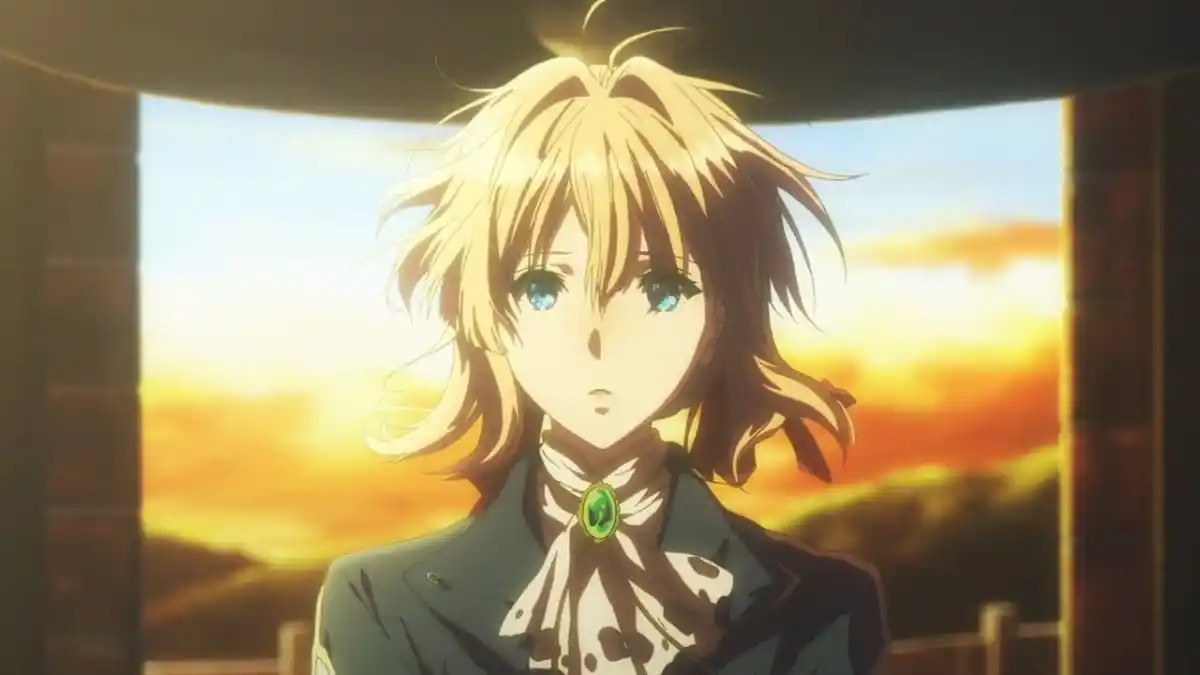

- THE MELANCHOLY OF ALL THINGS DONE FALLACY HOW TO
- THE MELANCHOLY OF ALL THINGS DONE FALLACY PROFESSIONAL
A group of individuals decide separately to make voting decisions, support certain candidates and interact politically in certain ways. Right after saying there is no “society,” “society doesn’t do anything” he starts talking about “the left.” Dr. Sowell who is so concerned with the accuracy of his language in economic issues is so sloppy in political issues. Before your site I knew of GMU only because of the Nobel Laureate Prof. PS: As I have left the academic world a number of years ago it was actually your podcast and econlib that made me realize what a great and distinguished economics faculty GMU has. Also a talk on mechanism design would be very interesting. However, if I may make modest suggestions, I would be curious to hear David Landes (Wealth and Poverty of Nations or Dynasties) or Scott Ruddiman on Climate Change. I am sure you are not running out of topics and interviewees. I also enjoyed your talks with Easterly, Collier and Brook and I am considering to buy their books as well. I would also buy a book by Iannacone on the subject if there were one. I got so interested that I read a number of his papers and also bought the book by Robert B.

It really provided me with a new perspective. My personal favorite was your talk with Iannacone on religion. I regularly listen to them when I go jogging on the weekend.
THE MELANCHOLY OF ALL THINGS DONE FALLACY HOW TO
Timely and essential, How to Be Sad is about how we can better look after ourselves and each other, simply by getting smarter about sadness.I am an avid listener to your podcast from Germany. Interweaving Helen’s personal testimony with the latest research on sadness-from psychologists, geneticists, neuroscientists and historians-as well as the experiences of writers, comics, athletes and change-makers from around the world, this vital and inspiring guide explores why we get sad, what makes us feel this way, and how it can be a force for good. How to Be Sad is a memoir about living with sadness, as well as an upbeat manifesto for change that encourages us to accept and express our emotions, both good and bad. But the key to happiness is unhappiness-by allowing ourselves to experience pain, we learn to truly appreciate and embrace joy. While devoting a career to writing books on happiness, Helen discovered just how many people are terrified of sadness. Even the things that brought her the greatest joy-like eventually becoming a parent-are fraught with challenges.
THE MELANCHOLY OF ALL THINGS DONE FALLACY PROFESSIONAL
Coping with her own emotional turmoil-including struggles with body image and infertility-she’s endured professional and personal setbacks as well as relationships that have imploded in truly spectacular ways.

Her parents divorced soon after, and her mother didn’t receive the help she needed to grieve. Her earliest memory is of the day her sister died. Helen Russell has researched sadness from the inside out for her entire life. Learning how to be sad is a natural first step in how to be happier."-Meik Wiking, CEO of the Happiness Research InstituteĪn expert on the pursuit of happiness combines her powerful personal story with surprising research and expert advice to reveal the secret of finding joy: allowing sadness to enrich your life and relationships. "In any human life there are going to be periods of unhappiness.


 0 kommentar(er)
0 kommentar(er)
